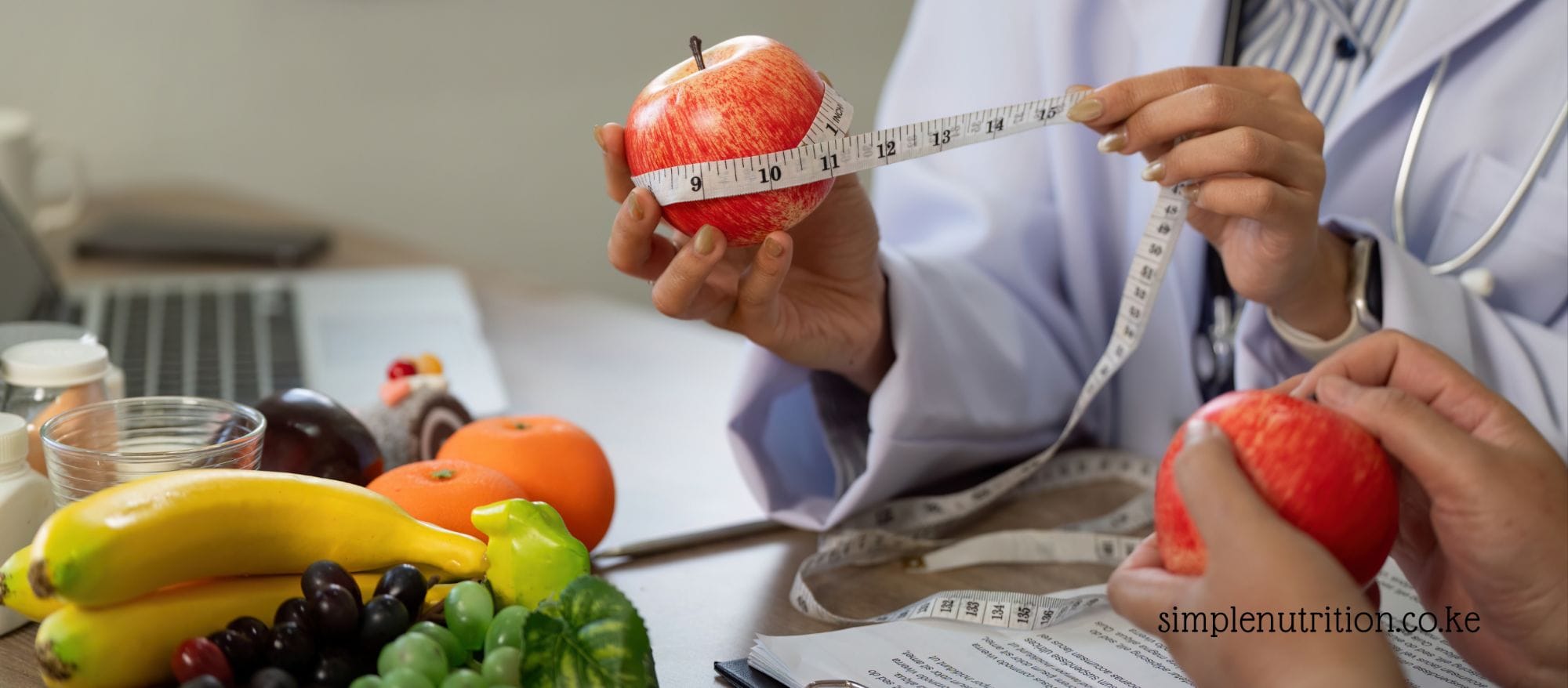Female Reproductive Health is important because it influences both physical comfort and emotional health. A balanced microbiome, which consists of various bacteria, plays a very important role in maintaining this health.
However, most women may experience reproductive health issues, including bacterial vaginosis, yeast infections, and urinary tract infections (UTIs) too often than not. Studies show that approximately 75% of women will experience infections at some point in their life.
Good nutrition, particularly increasing the intake of probiotics, can significantly improve female reproductive health, helping to restore the balance and preventing infections.
Which Probiotics and Foods are important for Female Reproductive Health?
- Yogurt: Contains live cultures, which can help maintain flora. Taking 1 cup of plain yoghurt a day is recommended, and you can enjoy it with fresh fruits or use it in a smoothie.
- Kefir: A fermented milk drink rich in probiotics. Recommended Portion is 1 cup a day. You can drink it on its own, or blend it into smoothies or salad dressings.
- Sauerkraut: This is fermented cabbage and its very rich in beneficial bacteria. The recommended portion is ½ cup several times a week. You can serve as a side dish, add to sandwiches, or incorporate into salads.
- Fiber-Rich Foods. Whole grain foods like, brown rice, and oats provide fiber, which supports gut health.
- Fruits and Vegetables: Are rich in antioxidants and vitamins, they support overall health. Recommended portion is about 5 servings a day.(1 cup raw leafy greens or 1 medium fruit). You can also enjoy fresh, in smoothies, or cooked.
- Healthy Fats like those in avocado: High in healthy fats, you can mash on toast, add to salads, or blend into smoothies.
- Nuts and Seeds: Sources of healthy fats and vitamins. You can snack on a handful daily, or add to yoghurt or salads
- Water: Essential for overall body functions and maintaining moisture.
How do Probiotics Help with Female Reproductive Health Issues?
- Bacterial Vaginosis (BV): Probiotics help restore the natural balance of bacteria. By introducing beneficial Lactobacilli, probiotics can outcompete the harmful bacteria, reducing symptoms such as odor and discharge. Studies suggest that regular intake of probiotics can decrease BV recurrence.
- Yeast Infections: Probiotics can inhibit the growth of Candida, the fungus responsible for yeast infections. By maintaining an acidic environment, probiotics help prevent overgrowth. Regular consumption of probiotic-rich foods can reduce the frequency of these infections.
- Urinary Tract Infections (UTIs): Probiotics may help prevent UTIs by promoting a healthy microbiome. They can inhibit the adhesion of harmful bacteria to the urinary tract, decreasing infection rates. Regular intake of probiotics is linked to lower UTI occurrences.
Tips for Maintaining Healthy Female Reproductive Health.
- Stay Hydrated: Drink plenty of water to help flush out toxins and maintain overall health.
- Balanced Diet: Include fiber-rich foods, fruits, and vegetables to support gut health, which is closely linked to good reproductive health.
- Regular Exercise: Physical activity can improve circulation and overall health, benefiting the microbiome.
- Limit Antibiotics: Use antibiotics only when necessary, as they can disrupt the natural balance of bacteria.
- Avoid Irritants: Avoid scented soaps, douches, and other irritants that can disrupt flora.
- Wear Breathable Fabrics: Opt for cotton underwear to allow airflow and reduce moisture buildup.
Incorporating probiotic-rich foods into the diet and following healthy lifestyle practices, women can help prevent common reproductive health issues and enhance their quality of life.
Discover more from Simple Nutrition
Subscribe to get the latest posts sent to your email.



